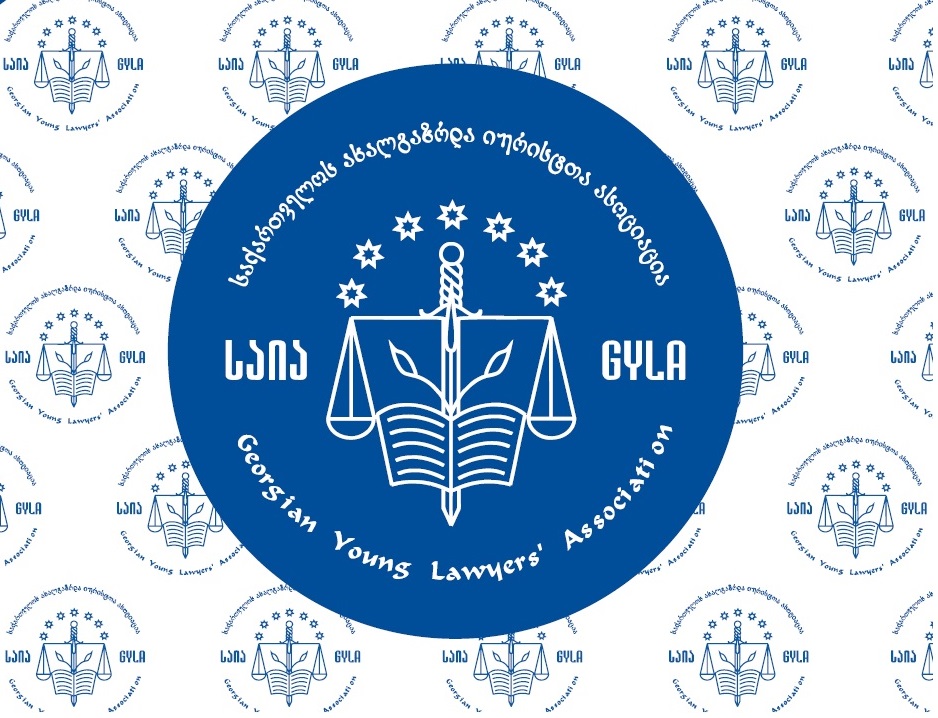


The agreement reached between the ruling party and some opposition parties on June 27, 2011 envisages increase of the total number of the Members of Parliament from 150 to 190. For the last period opinions were voiced repeatedly that Georgian Parliament possessed authority to increase the number of MPs by the constitutional amendments. We would like to remind the society requirements of the Georgian legislation, according to which this agreement contradicts Georgian citizens’ willpower expressed at the Referendum in 2003 and therefore, its implementation by the Parliament will be illegal and unconstitutional.
Presidential order #428 of September 2, 2003 on appointment of the referendum provides: “Following issue shall be submitted at the referendum: “Do you agree with reducing the number of members of Parliament and setting a limit of no more than 150? ”.
The referendum was held on November 2, 2003. 1904 105 citizens participated in the election. The absolute majority of the electors (1590 000 persons) voted in favor of decreasing the number.
On February 23, 2005 Parliament passed a constitutional amendment to Article 49 downsizing the number of MPs to 100 members elected by proportional system and 50 - elected by majoritarian system.
The widespread comments providing that “ the referendum of November 2, 2003 was illegal and for making constitutional amendments the parliament is not obliged to consider the results of the mentioned referendum” are based on the following arguments:
1. Referendum results were not reflected in the legislation within a month;
2. The referendum was conducted for adopting the law, that is prohibited;
3. The referendum was not held on the whole territory of Georgia.
We consider that proposed assertions are illegal and unacceptable in view of below submitted circumstances:
1. The opinion, on invalidation of referendum results automatically if they are not reflected in the legislation within a month, is incorrect. The Law on Referendum does not prescribe such a provision. The fact that government has failed to observe requirement of law and has not introduced relevant amendments to the legislation within a month period does not diminish the weight of referendum results. Instead of Georgian population, the responsibility for the breach of prescribed term should rest on the Parliament of Georgia which being unsuccessful to exercise duties conferred on it did not reflect public willpower in the law timely.
According to Article 28 of the Law of Georgia on Referendum, “The decision made as a result of the referendum, enters into force from the day of its publishing, has a legal power and is final. Referendum results have a power of direct activation.” Proposed judgement on automatic invalidation of referendum results if they are not reflected in legislation within a month means, that the legislation grants the Parliament power to refrain from reflecting the relevant amendments to the law within a month and thus renounce unfavorable results, that is completely illogical.
2. We can not either uphold another argument providing that the referendum intended adoption of law. Article 3 of the Law on Referendum states: “Referendum maybe be conducted about the issues of great state importance; Also about the issues and principles considered by the Law of Georgia.” Therefore on the one hand it is prohibited to organize referendum for adopting or repealing a law, while on the other hand it is allowed to conduct referendum about the issues and principles considered by law.
On November 2, 2003 no draft (the new version of Article 49 of the Constitution) was submitted as a referendum topic. The question asked at the referendum concerned Article 49 of the Constitution. Positive answer on the question has not caused and could not have caused reflection of public willpower in the Legislation automatically. To this end, legislative authority of Georgia was obliged to bring the legislation in compliance with referendum results. According to the judgment of the ruling party, it is impossible to submit such issue at the referendum that may cause relevant legislative amendments, that is also illogical.
3. The third proposed argument supporting illegality of the referendum is that it was not conducted on the whole territory of Georgia.
The Referendum of November 2, 2003 shall be considered legitimate unless the opposite is proved according to the principles established by law. Specifically, according to Paragraph 5, Article 28 of the Law on Referendum Constitutional Court of Georgia is authorized to invalidate the referendum results with the rule set by the law rather than the Parliament. Therefore, whatever argument is submitted by the Parliament of Georgia on the illegality of the referendum, its results will be considered valid until the Constitutional Court of Georgian makes decision on their invalidation. Yet, paragraph 3, clause a), Article 37 of the Law of Georgia on Constitutional Court provides that lodging with the Constitutional Court a constitutional claim concerning constitutionality of referendum results shall be permissible not later than 7 days from its promulgation officially. Since seven years have passed since conducting the referendum and the issue was not challenged before the Constitutional Court yet, the due date for appeal has already expired.
GYLA appeals the state authority as well as opposition to respect the willpower expressed by the Georgian population on November 2. If there is intent to alter the referendum results, it should be revised by observance of legislation. Specifically, paragraph 4, of Article 28 of the Law on Referendum provides that “Referendum results shall be changed or canceled only through a referendum.”
ჯ. კახიძის #15, თბილისი, საქართველო, 0102 ; ტელ: (995 32) 95 23 53; ფაქსი: (995 32) 92 32 11; ელ-ფოსტა: gyla@gyla.ge; www.gyla.ge
15, J. Kakhidze str. 0102, Tbilisi, Georgia. Tel: (995 32) 95 23 53; Fax: (995 32) 92 32 11; E-mail: gyla@gyla.ge; www.gyla.ge